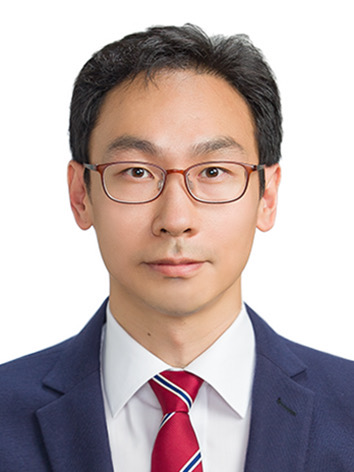Clarifies the characteristics and reasons for political conflict through cross-national analysis of emotional polarization
In many democratic countries, worries about political conflicts being more serious are increasing. A series of surveys and expert reports show that problems as such are core issues of Korean society.
As the necessity to discuss political conflict and polarization is emphasized, Professor Ham Hyeon-ho's (Department of Policy Studies) research result that defines characteristics and reasons for affective polarization, together with a research group from Mannheim University, Germany, was published in February 2024 issue of the American Political Science Review (number one in politics, according to SJR), the best academic international journal.
Affective polarization indicates an intention that one has a strong friendliness or trust in the group that he or she supports or belongs to but has a strong negativity or distrust of groups that stand against him or her. Recently, in American politics, even though voters' political intentions or political choices have not been especially changed, their negative feelings towards their political opponents and also hatred and disgust have increased. Recent studies regarding political ideas and the standing of Korean political elites and voters suggest evidence quite steadily that our current situation is very similar to that of the USA.
Professor Ham compared the impact of one's party membership and various group identities that form major social clashes such as nationality, religion, social class, generation, and gender and precisely measured the size of certain party-based affective polarization and provided cross-national analysis results of factors that can ease them.
In comparison to the previous results using observative data analysis which were limited to the US or certain countries, Professor Ham's research overcame the endogeneity issue or reason-result using an innovative experimental method. Meanwhile, he provided a more systemic and comprehensive research result about systemic variables such as party system or voting system through a cross-national analysis of 25 Western democracies.
According to the research, the size of the affective polarization depending on the party membership, was the largest in comparison to the scale of bias or division due to gender, generation, social class, religion, nationality, or other social groups. This pattern was recognized in all twenty-five countries in Europe that are in the sample list. However, in Europe, this affective polarization was found to be grounded in the biased love of their group membership, not from the aggressiveness against other groups just like in the United States.
However, the research clarified that although it could not check the influence of macro variables such as the number of parties, voting system, and economic inequality it observed that the ways of cooperation and competition among parties - especially in the conditions and experiences of forming a coalition government - can largely decrease the biased love to one's membership and aggressiveness towards other groups.
Professor Ham said, "This research gives an important lesson in social agenda to lessen political polarization and recent voting system reformation." Also, he explained, "Especially in a presidential system where legalizing cooperation and dealing among parties is hard, multiparty system or proportional representation enhancing can have a natural limitation to solve the political issues in our society."
Professor Ham is the first author of the paper, 「Divided We Unite: The Nature of Partyism and the Role of Coalition Partnership in Europe」, and Professor Thomas König of Mannheim University and David Hilpert, Ph.D. participated as co-authors.

키워드
 '한양위키' 키워드 보기
#SDG4
'한양위키' 키워드 보기
#SDG4

